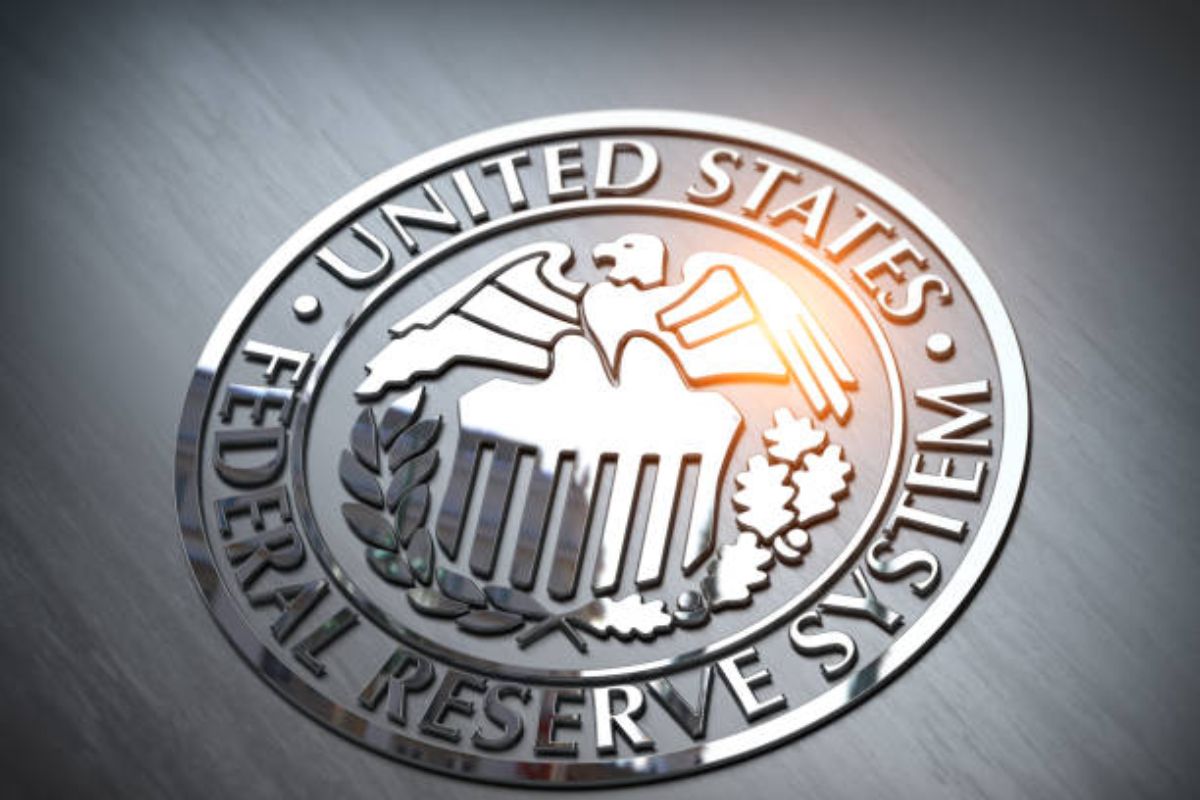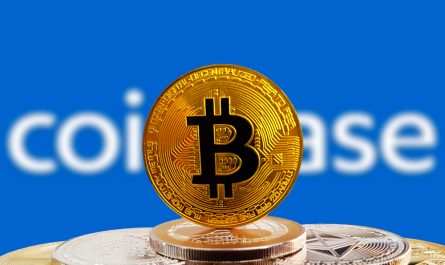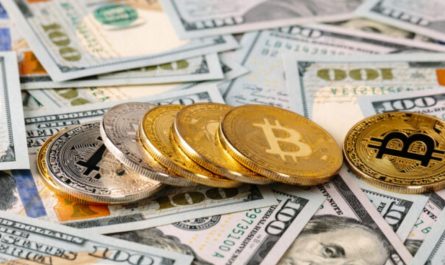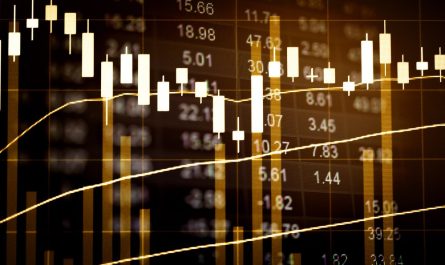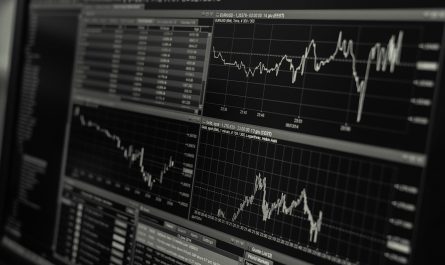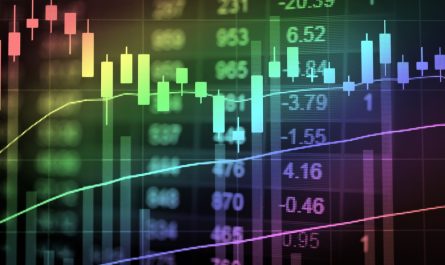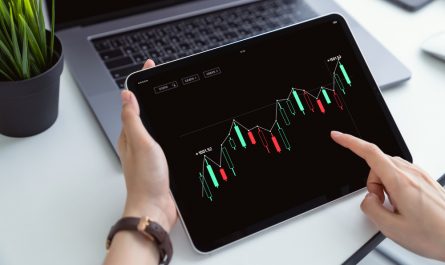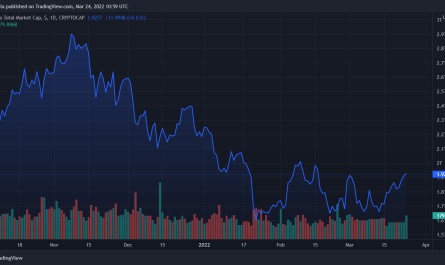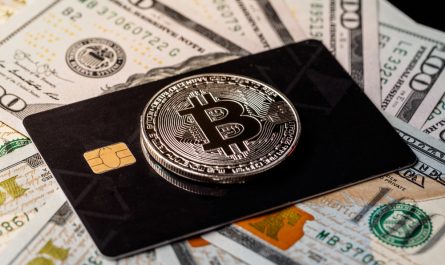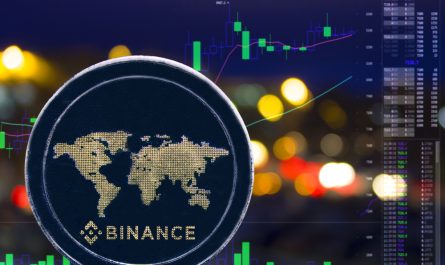It is no longer a secret that central banks are willing to beat inflation however possible, even if it means slowing down the economy or at the cost of a recession. The US Federal Reserve leads the pack of central banks taking a hawkish stance against inflation.
The Rate Hiking Game
Nearly ninety federal reserves have topped interest rates since January. While half have hiked by 75bps on several occasions, the other half are about to. Ethan Harris called it a hiking race in which whoever moves faster wins.
But the outcome ushered in the tightest monetary policy seen in fifteen years. A turnaround from the low-end era 2008 financial meltdown had been introduced. One several analysts and economists had settled with the newfound structure.
JP Morgan warns of the highest rate increase since 1980 landing this quarter. But central banks will not pump the brakes there.
Thursday will see FED boost rates a third time by 75 basis points. Although, some investors are pricing in a jumbo percent point of 100. Others are holding on to 75bps as the anticipated benchmark.
US economists averted from their 50bps expectation after CPI for August dropped a shocking revelation that inflation had surged.
With inflation climbing to 8.3 percent, investors switched bias to higher rates.
While the Bank of England plans to raise its bar to 50bps, other countries should follow suit. The list features Switzerland, Norway, Sweden, Indonesia, and the Philippines.
Jerome Powell pledged in Wyoming that the federal reserve would ensure it constrains rising prices. Although, this decision would attract pain to businesses and households.
Beware Recession Is At Hand
Isabel Schnabel, an executive member of the BOE board, mentioned the sacrifice ratio required to curb inflation. The Bank of England (BOE) sees the UK in a recession by the end of 2022. It predicts an extension that would likely lead it to 2024.
Undoubtedly a tight monetary policy will bring pain, but it is difficult to tell what extent. Furthermore, setting inflation back on FED’s 2 percent track would provoke a recession, said a BlackRock analyst. Over three million would be jobless and reaching the ECB’s aim would demand a tighter squeeze.
Additionally, energy rates are increasing at an incredible pace, likewise other supplies. And the federal reserve officials have no control over it. Apart from that, there is a drag before the rate rise hits the economy.
All these combined would result in a harsh fallout that won’t miss investors.
The focus of the FED now is avoiding the 1980s mistake, which tipped the economy into a slump. While they would prefer to remain devout to their hawkishness, they may have to lax on aggressiveness to ensure that.
Meanwhile, this raises a dilemma for central bankers as they decide to tame inflation. Because leaving it to spread would endanger the economy eventually. However, it will take time to erase inflation, no matter what central banks do.

